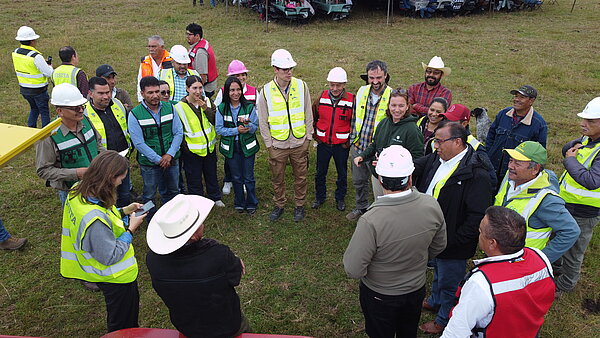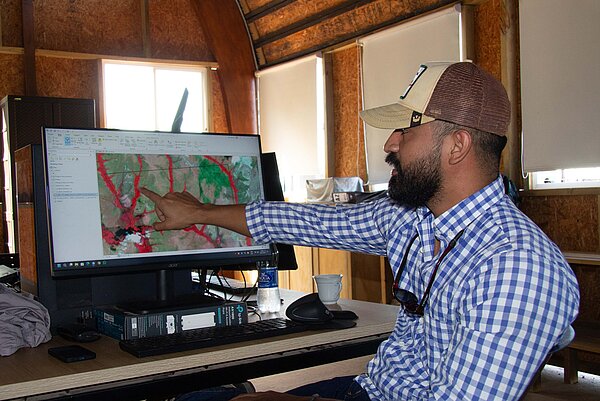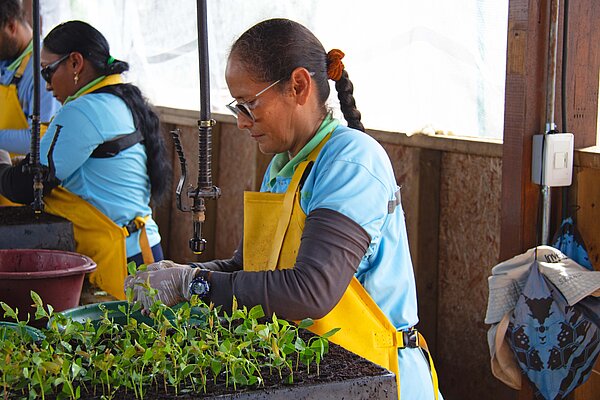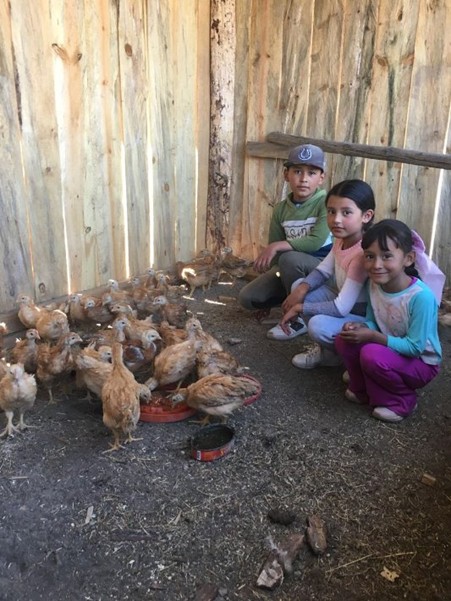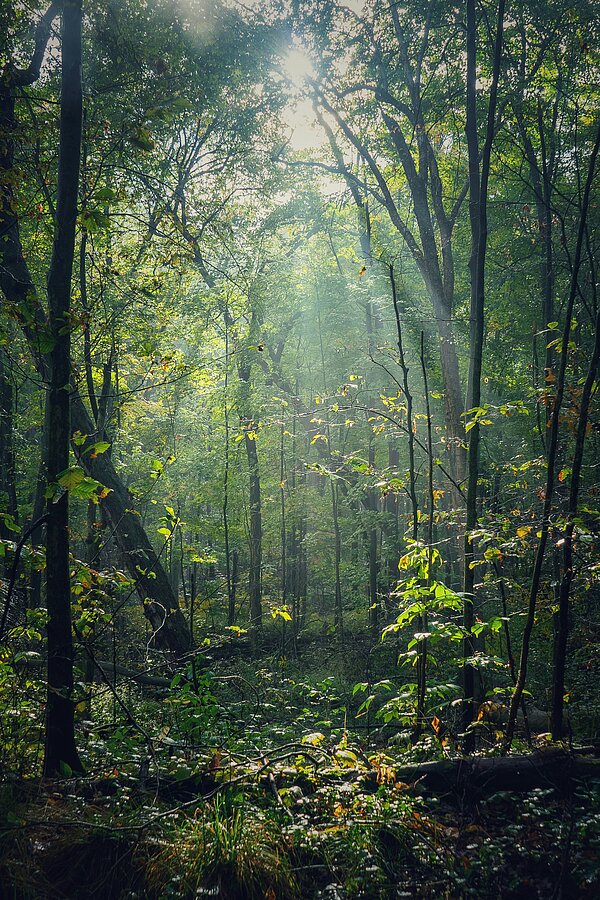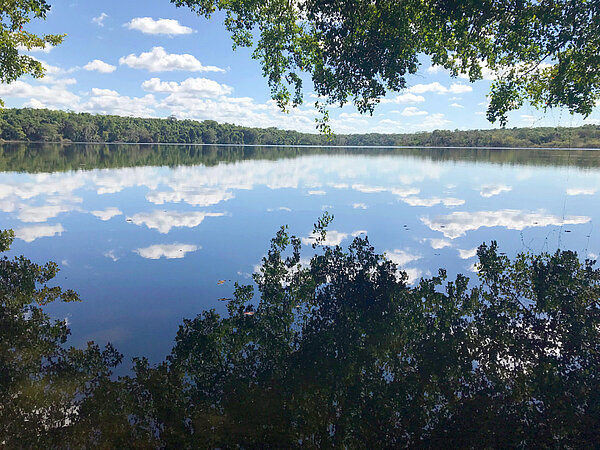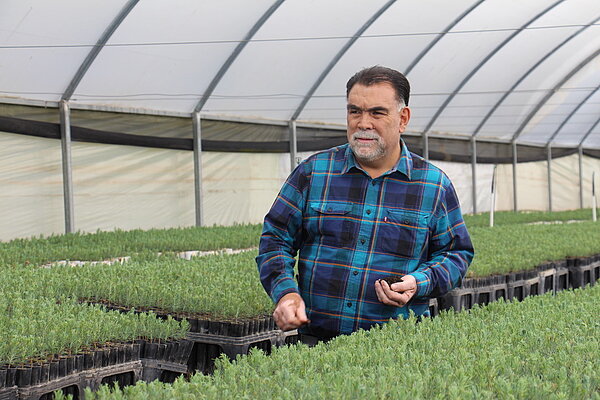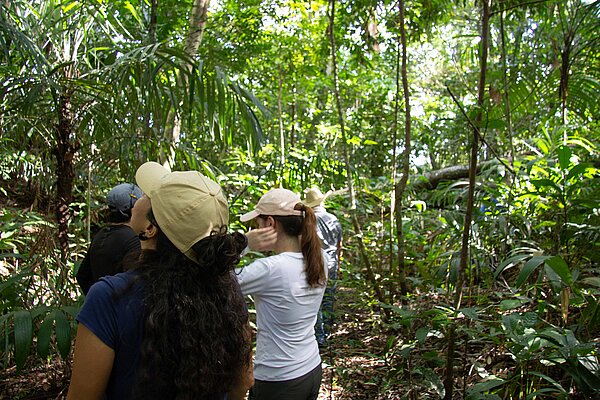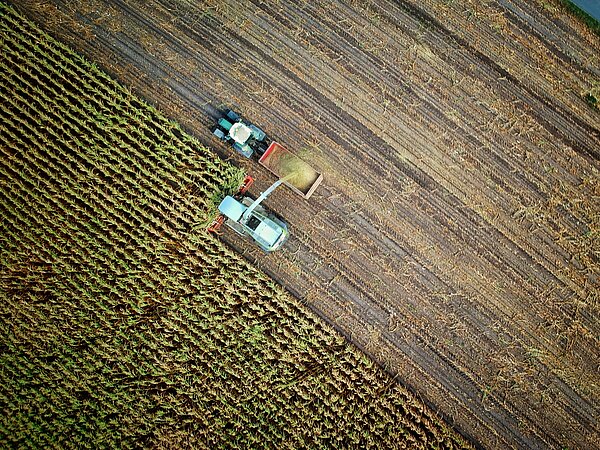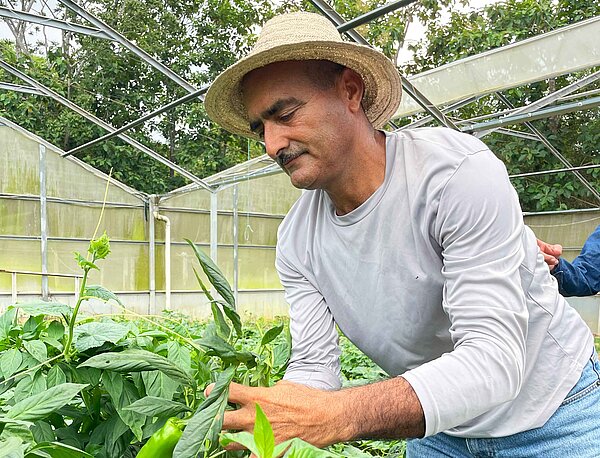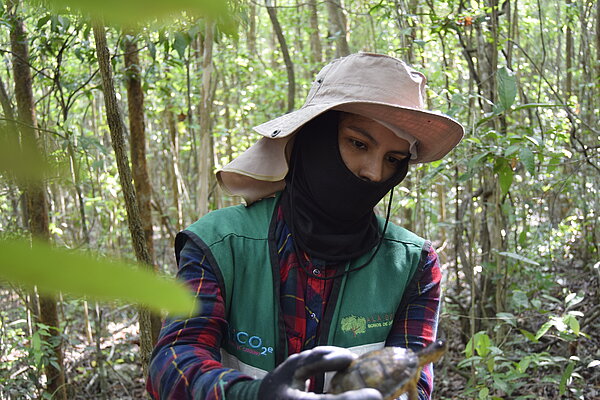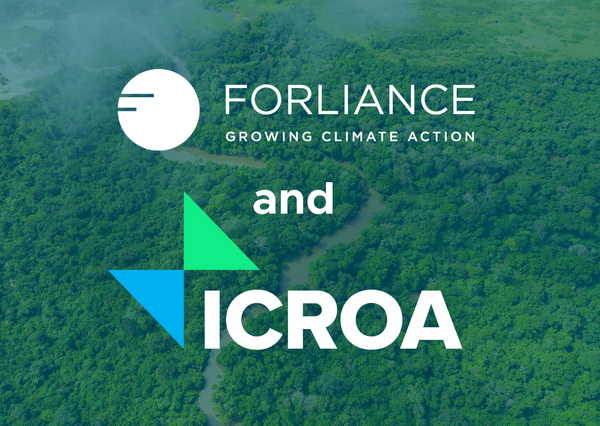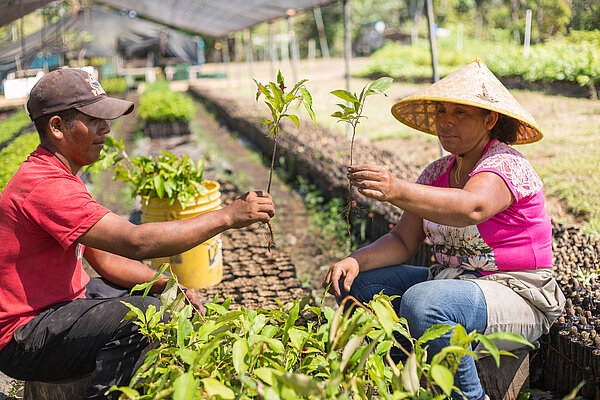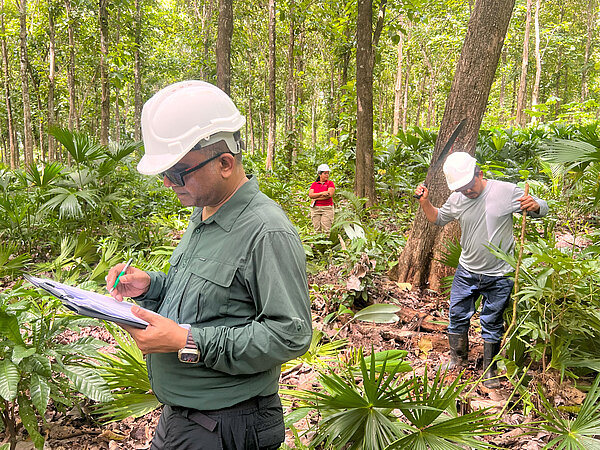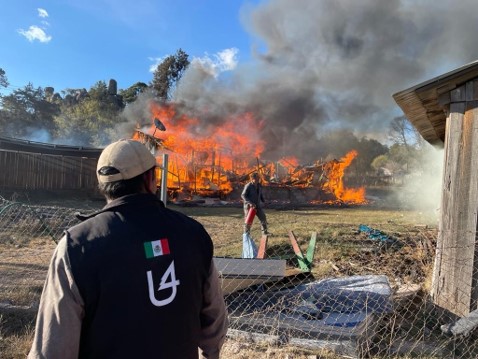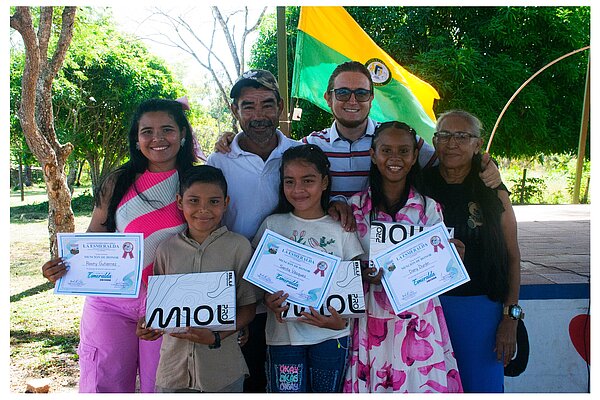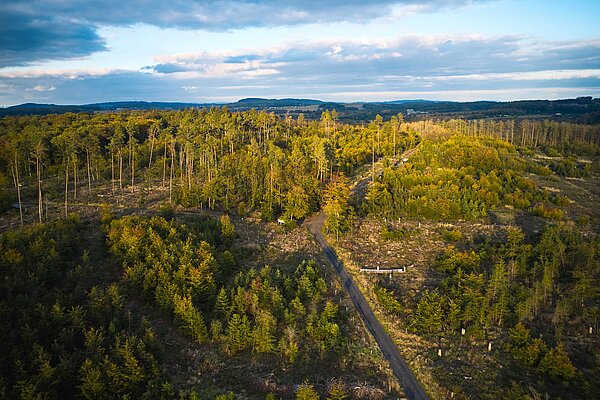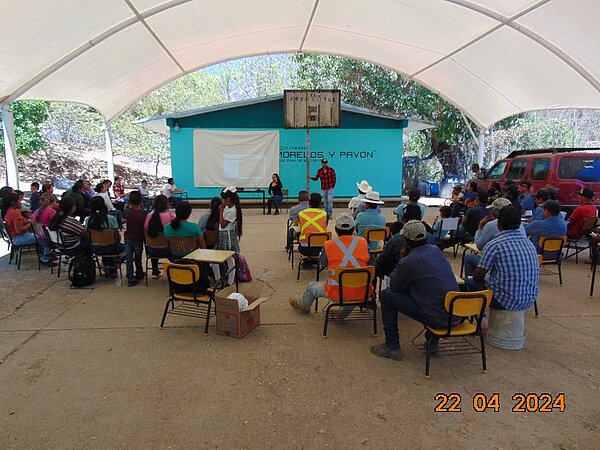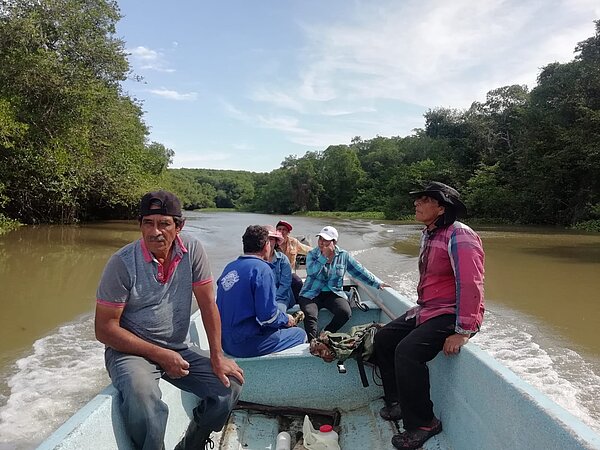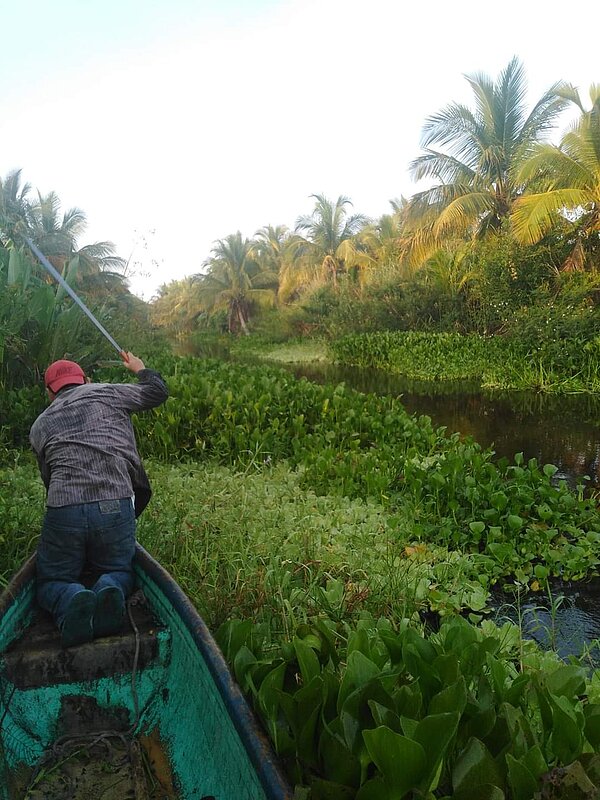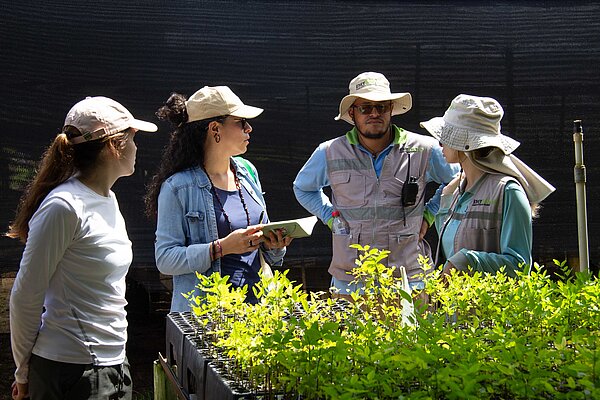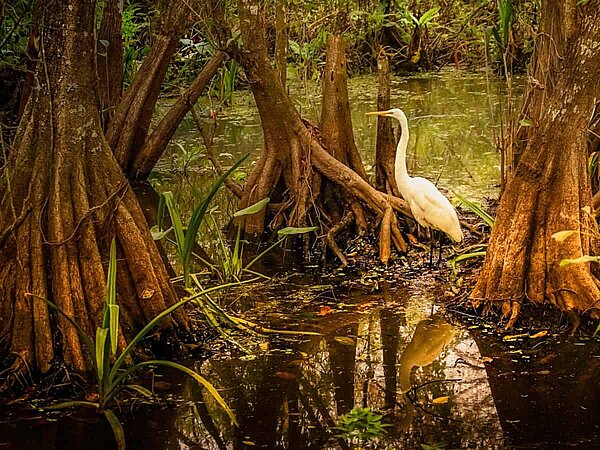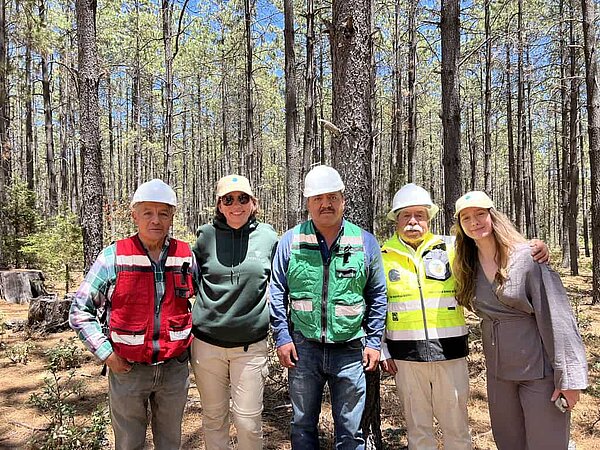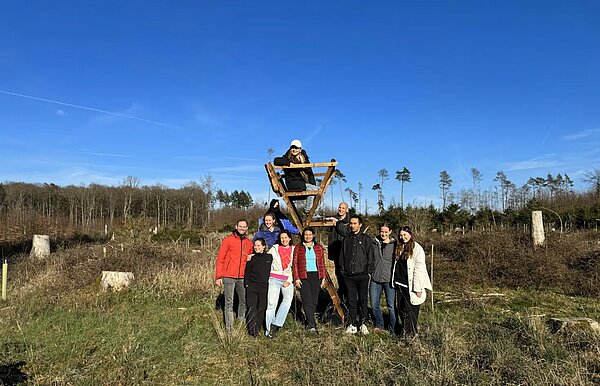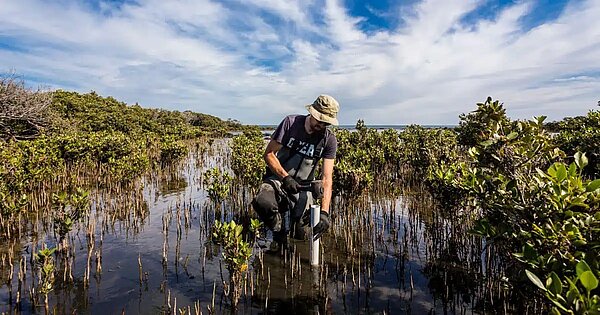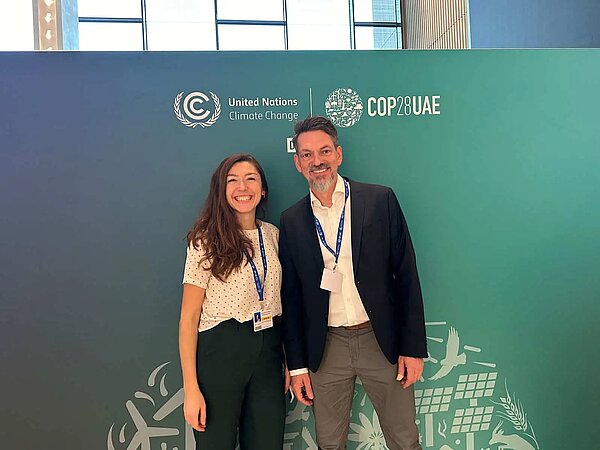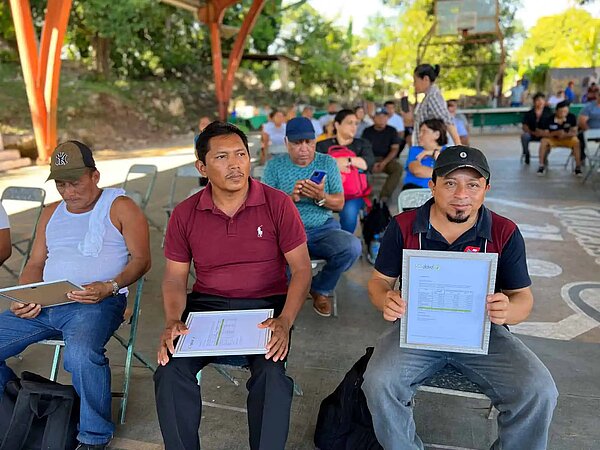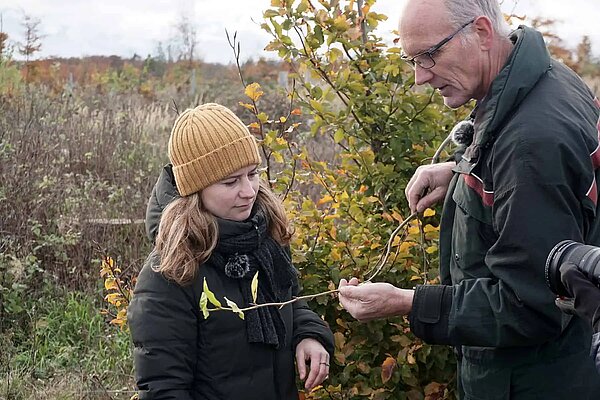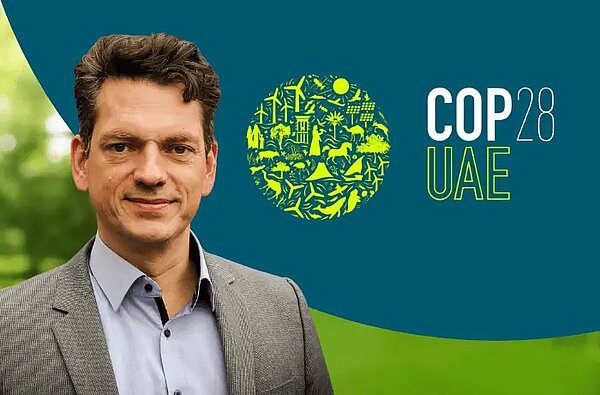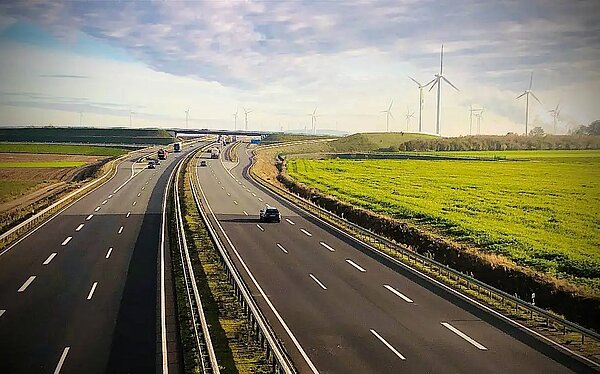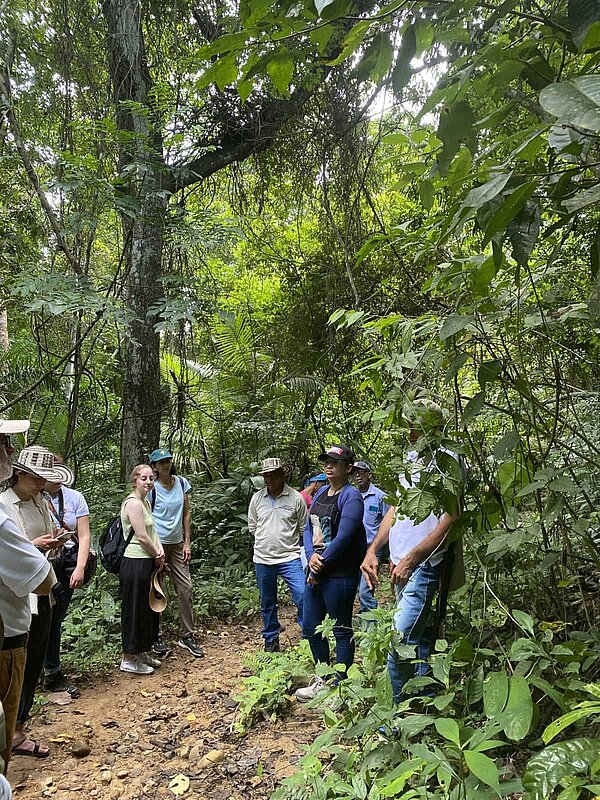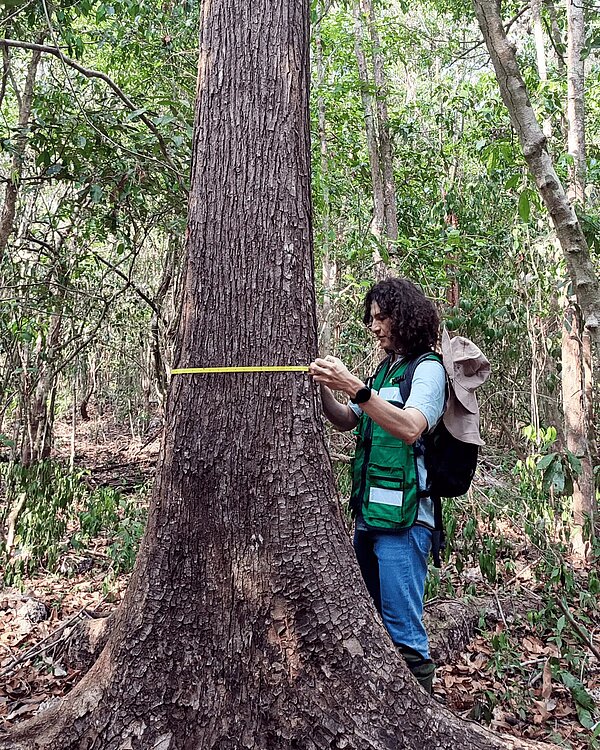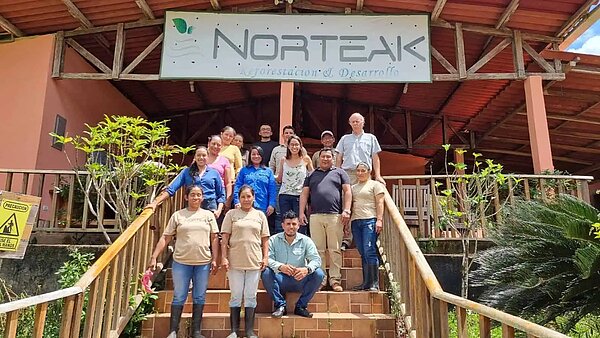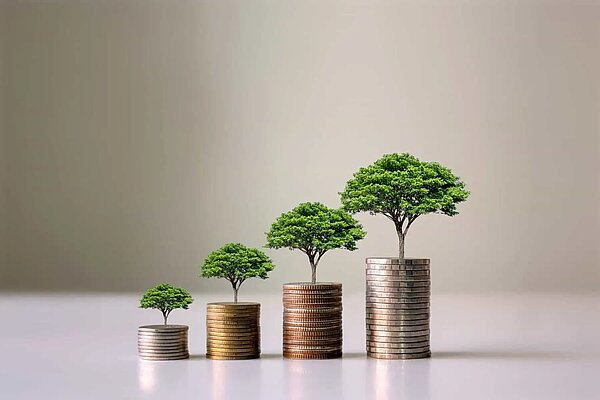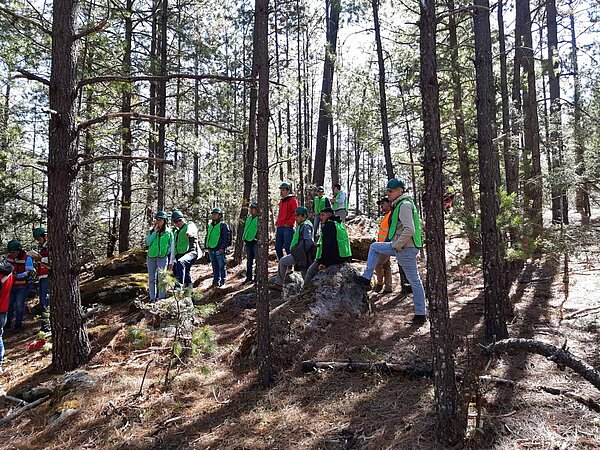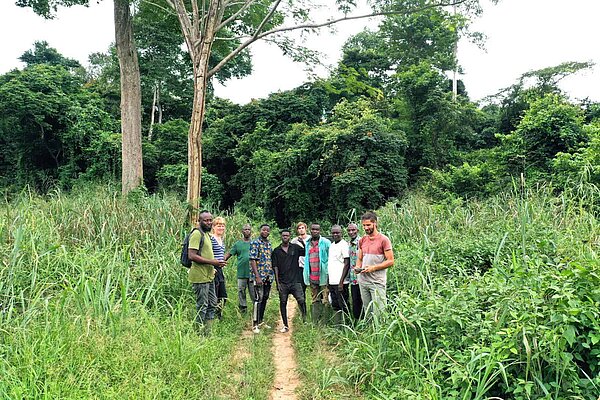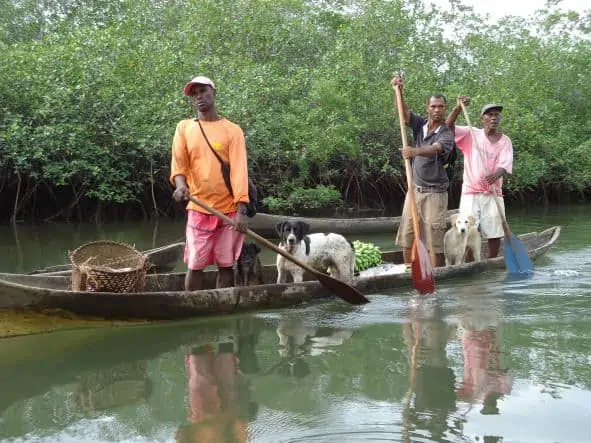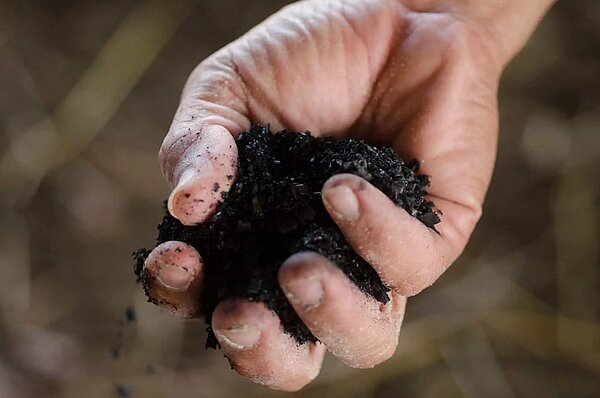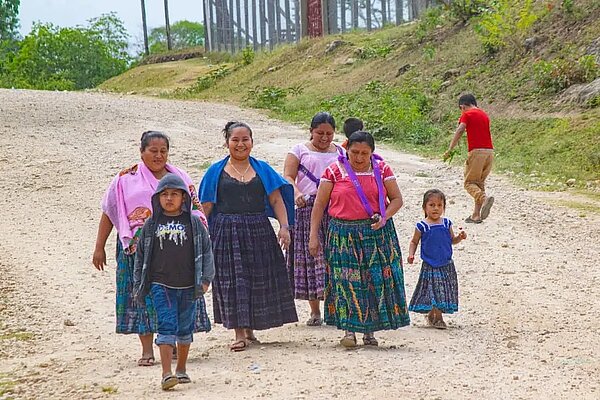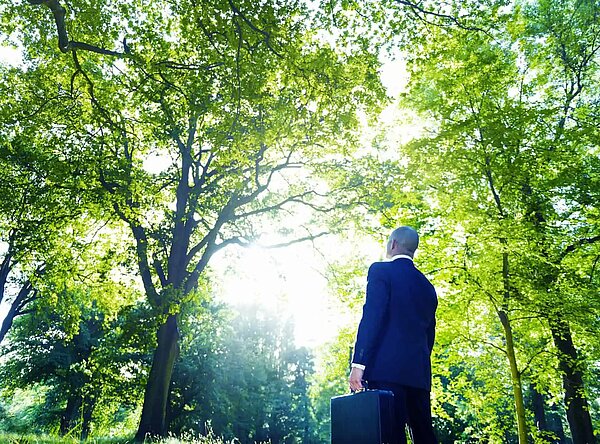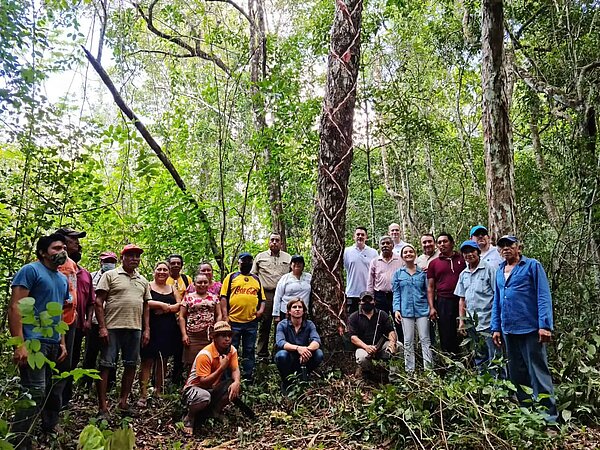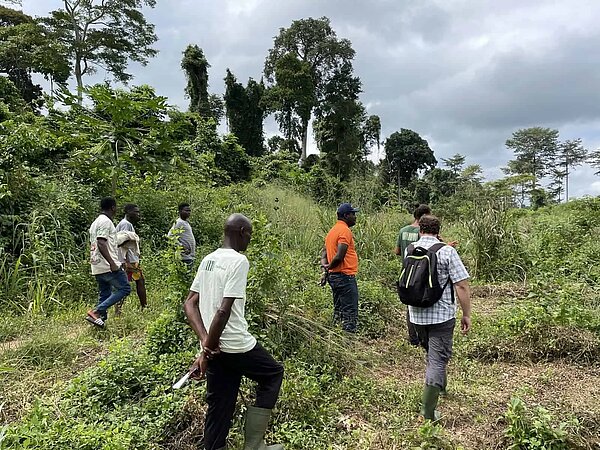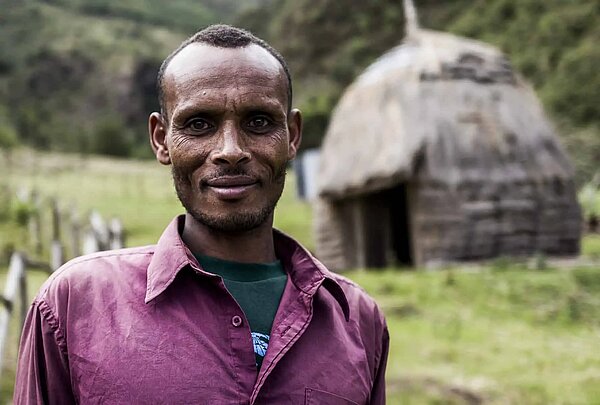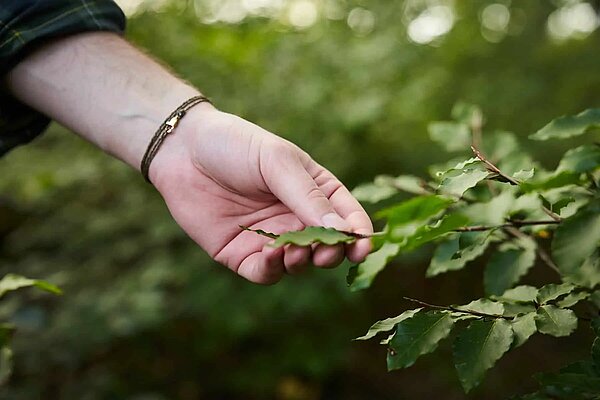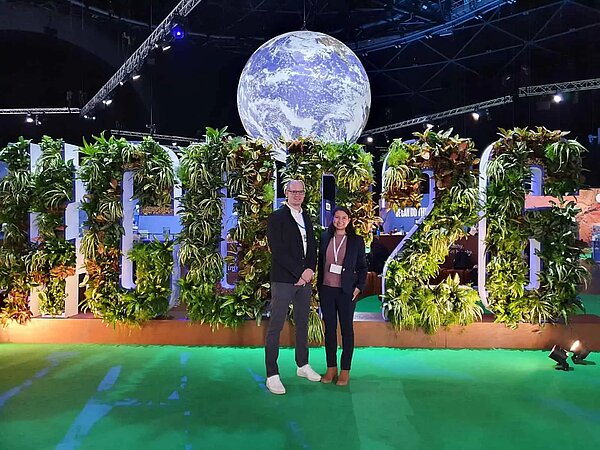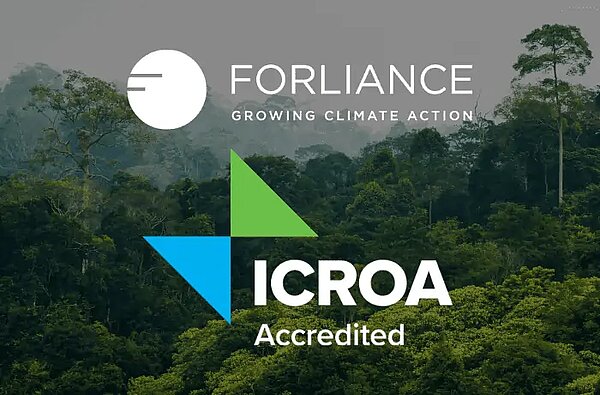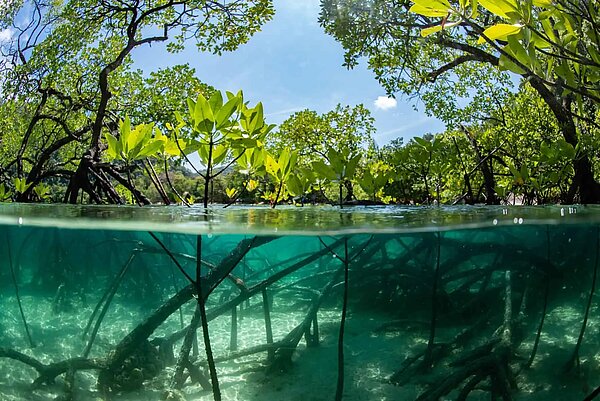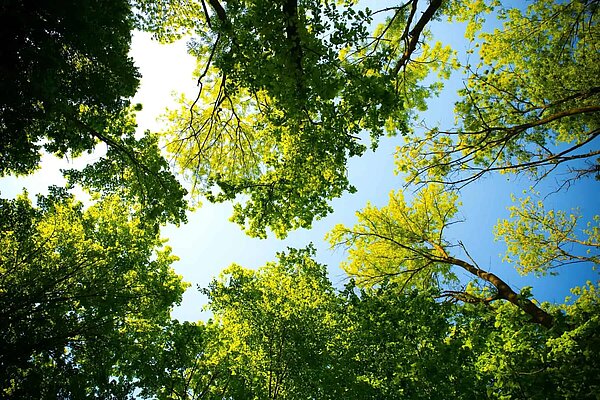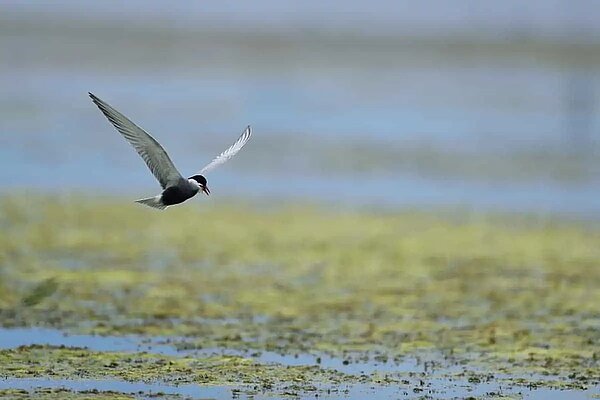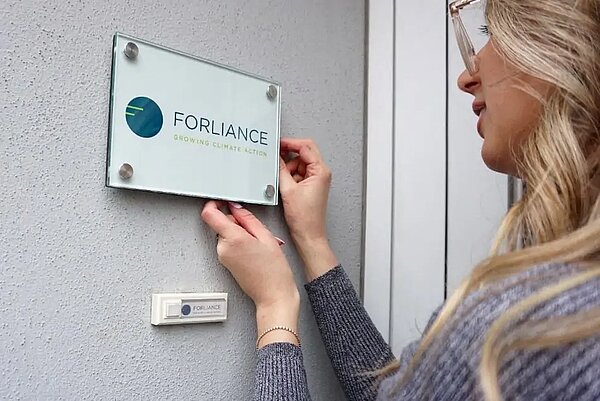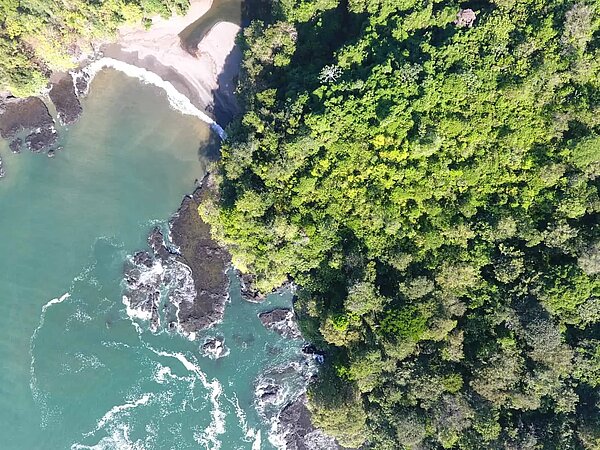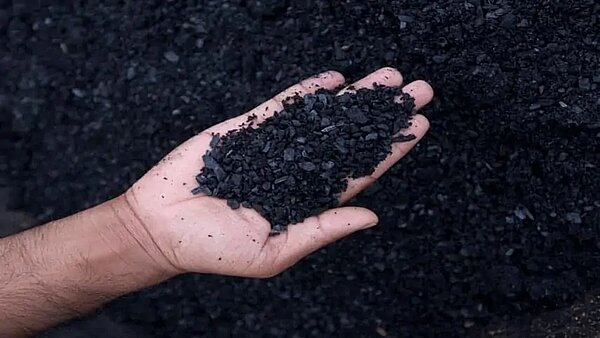Re-Spire Westerwald Achieving Change: Planting Seeds of a Sustainable Future
Alona Mikhova
May 24, 2024
Project Updates
Situated in the Rhineland-Palatinate region of Germany, the Westerwald is renowned for its scenic beauty, which has historically flourished. However, recent years have witnessed significant alterations to this landscape due to the impacts of climate change. Instances of storms, droughts, and infestations by bark beetles have visibly altered the terrain, necessitating urgent measures for its restoration.
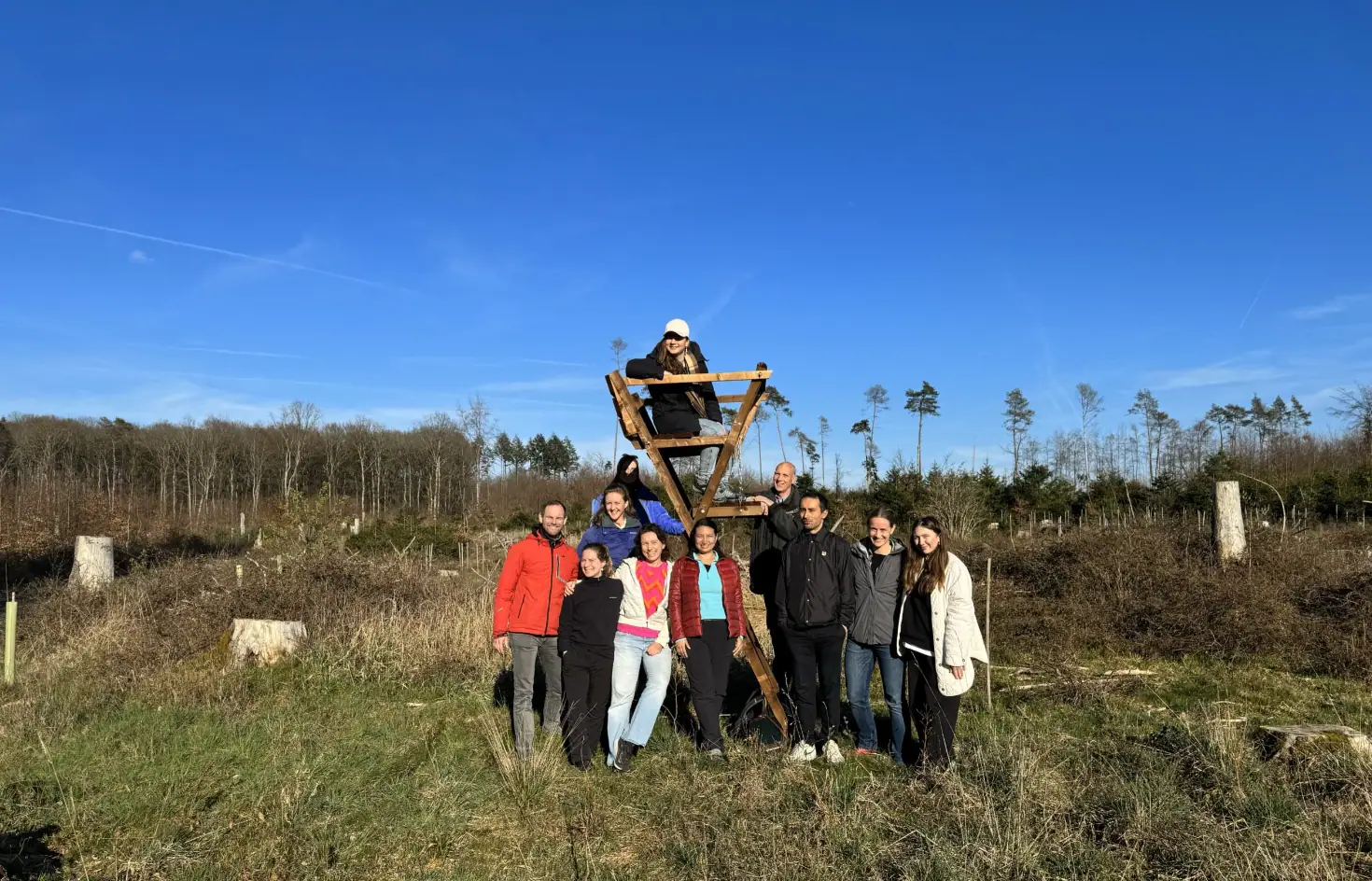
Into the Heart of the Westerwald
Situated in the Rhineland-Palatinate region of Germany, the Westerwald is renowned for its scenic beauty, which has historically flourished. However, recent years have witnessed significant alterations to this landscape due to the impacts of climate change. Instances of storms, droughts, and infestations by bark beetles have visibly altered the terrain, necessitating urgent measures for its restoration.
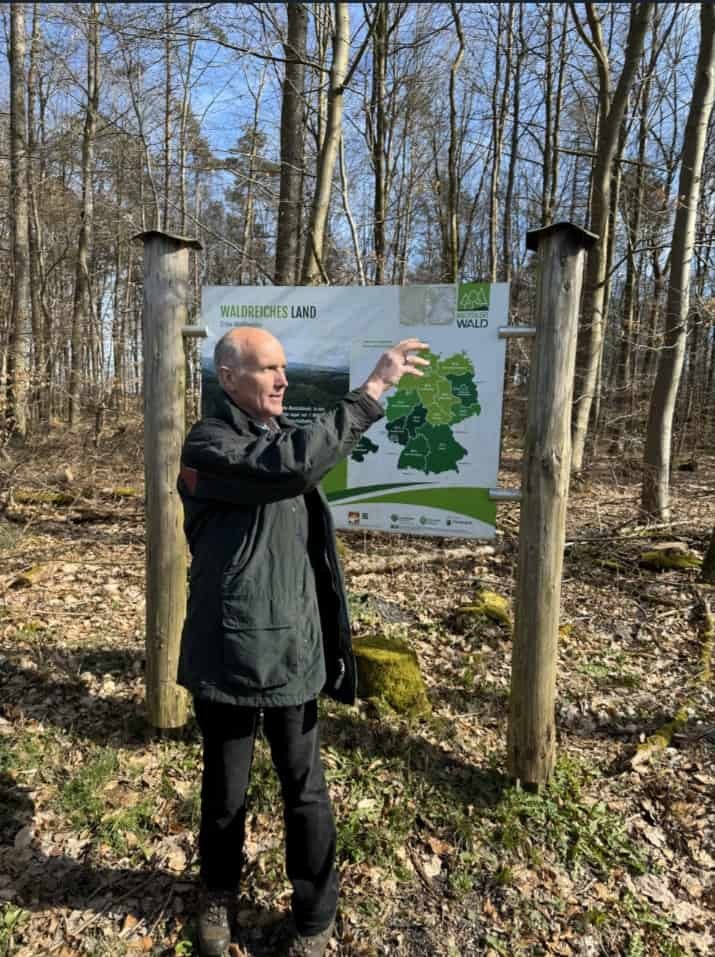
Forester at Work
Immersion in Change: Reflections on a Visit to Westerwald
Our recent visit to the Re-Spire Westerwald project offered a firsthand glimpse into the challenges and opportunities that lie ahead. Spanning almost 95 hectares, this project is a beacon of hope amidst adversity. At its core lies a commitment to sustainable forest management and the cultivation of climate-resilient tree species. The statistics are sobering: 2018, 2019, 2020—each year hotter than the last. The once-robust spruce trees, ill-equipped to handle the changing climate, fell victim to bark beetles, exacerbating the forest’s decline. But amidst the devastation, signs of renewal are emerging.
The Seedling Promise Westerwald Forest Revival
We stood amidst the young Larch trees, mere saplings in a vast forest, yet symbols of resilience and hope. It’s a stark reminder of why we do what we do—for the future generations. But the path to restoration is not without its challenges. Natural regeneration, once relied upon, has proven insufficient. The proliferation of blueberry bushes stifles tree growth, necessitating active forest management—a costly endeavor but one vital for the forest’s survival. Yet, it’s not just about trees; it’s about fostering a harmonious relationship with nature. From deer to plethora of birds and insects, the forest teems with life. Our efforts extend beyond planting trees; they encompass nurturing an entire ecosystem back to health.

A young larch tree
Now or Never The Urgent Need for Forest Conservation in Westerwald
The imperative for immediate action is evident. Each passing year diminishes the window of opportunity for intervention. Our forests are not just sources of timber; they are vital carbon sinks, biodiversity hotspots, and havens for recreation and solace. We echo the sentiments of the taxi driver we met—a witness to the forest’s decline over decades. What legacy will we leave for our children if we fail to act now? It’s a question that resonates deeply and drives our commitment to action. The time for complacency is past. We need concerted efforts, shared vision, and meaningful investment to ensure a sustainable future. Our forests are not just trees; they are the lifeblood of our planet, sustaining us in ways we’re only beginning to understand.
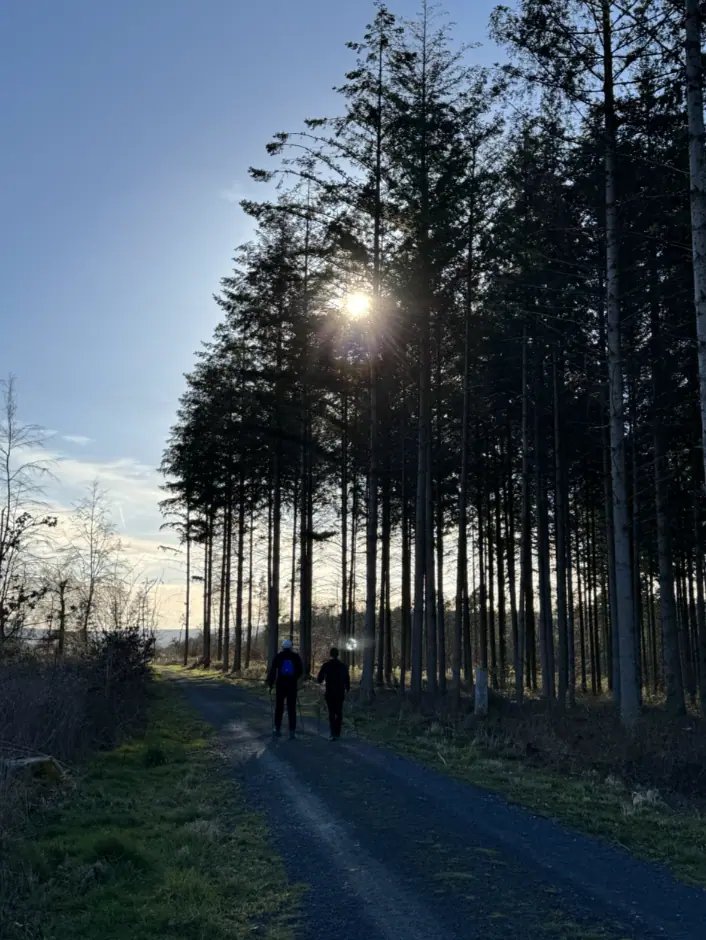
Re-spire impact
Urban Heat vs Forest Retreat A Compelling Choice Join us in this endeavor
Imagine yourself on a hot summer day, the asphalt radiating warmth under your feet. Now imagine yourself entering the soothing shade of a forest where the air is cool and refreshing. Which scenario do you prefer?
As we reflect on our visit to Re-Spire Westerwald, we’re reminded of the urgency to act. Let us connect and act to preserve and protect our forests.
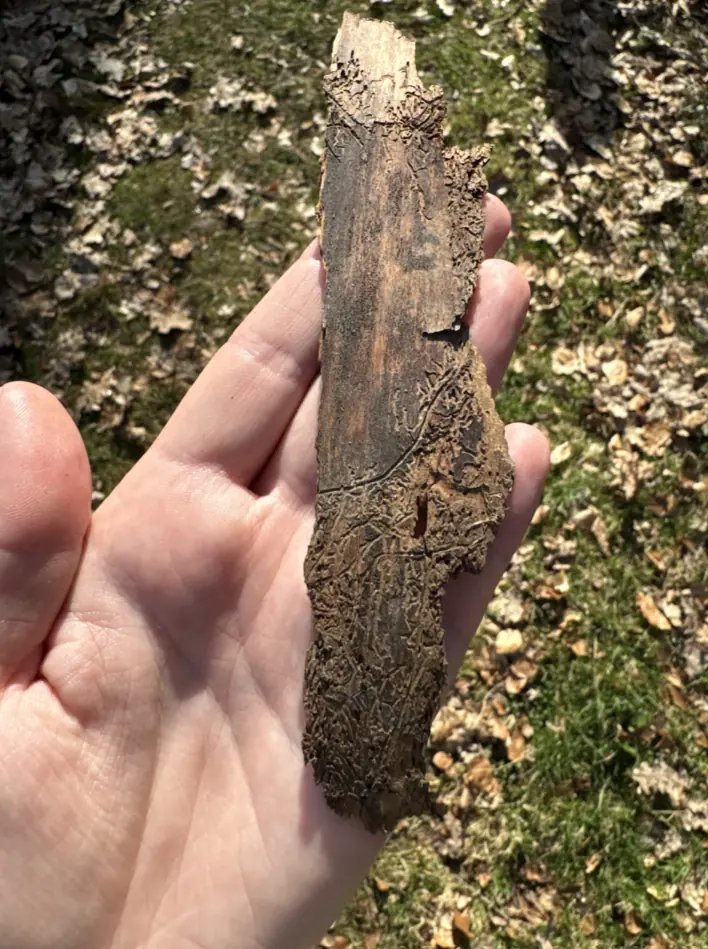
At FORLIANCE, we believe in the power of collaboration and innovation to tackle environmental challenges head-on. We invite you to join us on this journey. Incorporate ecosystem protection into your company’s climate strategy and unite to preserve and nurture our forests for future generations. Let’s connect.

